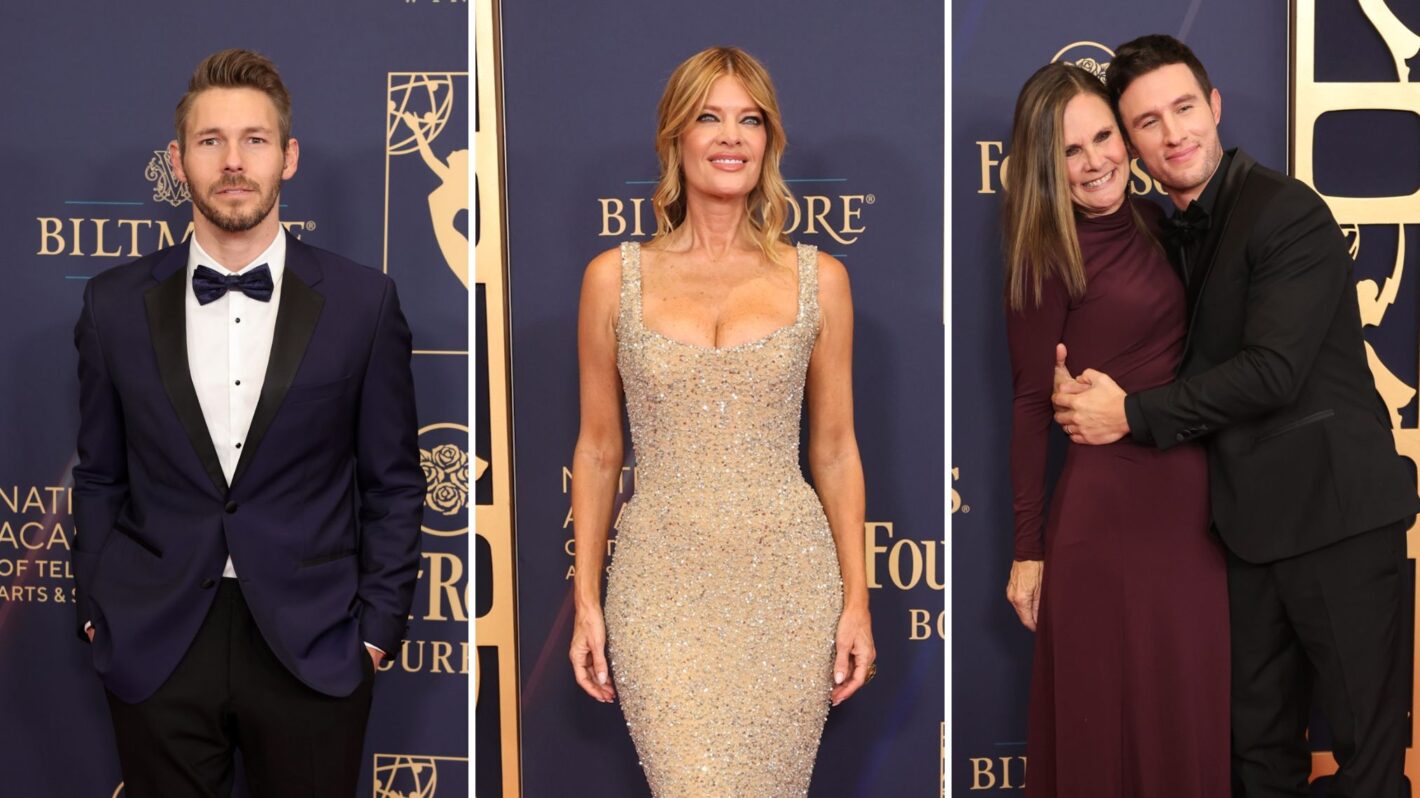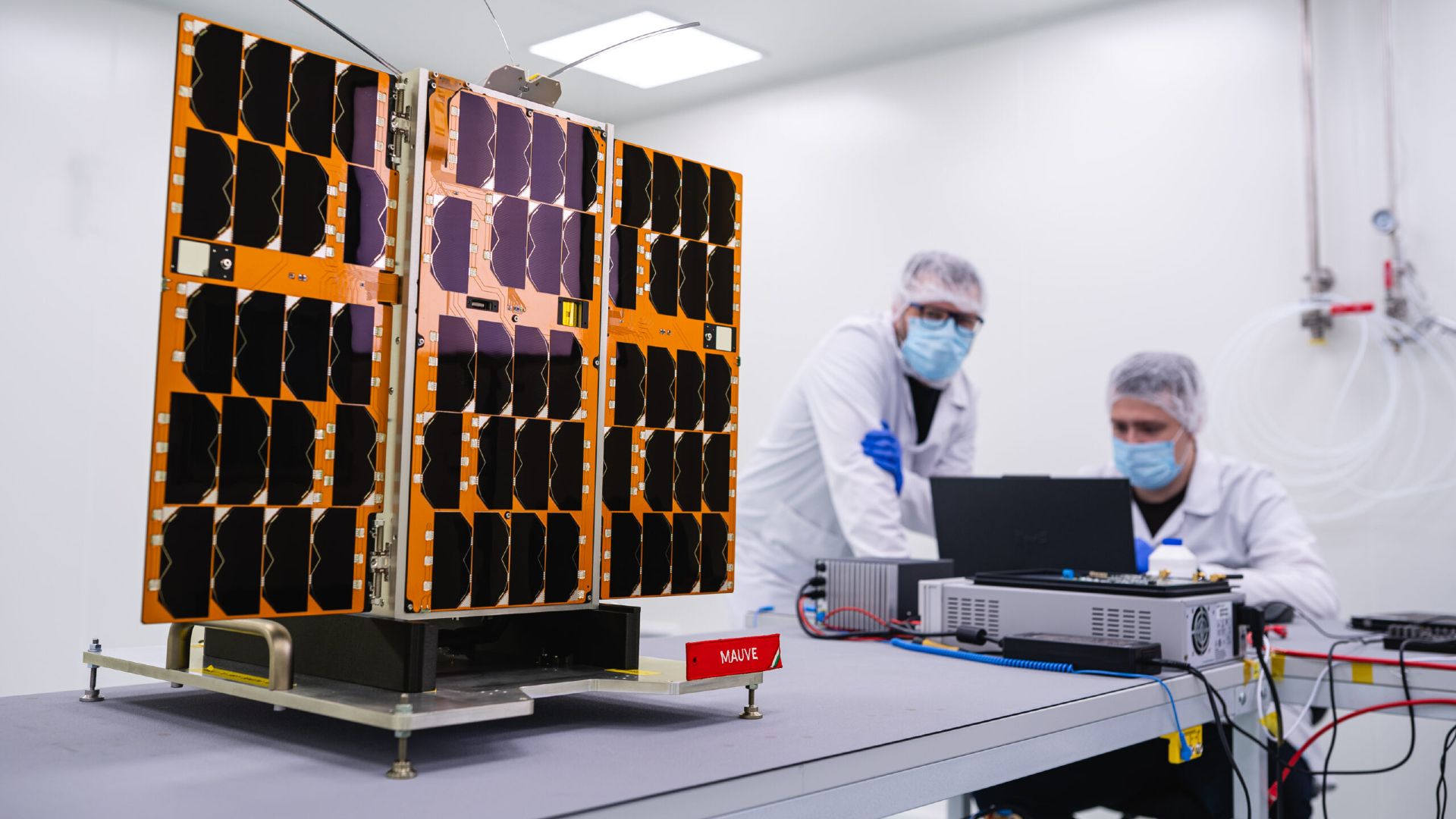Questions of forgiveness hang over much of Task, the new HBO crime drama from Mare of Easttown creator Brad Ingelsby: its possibility, its purpose, its outermost limits. It’s no wonder, considering how many of its characters endure or perpetuate the sort of suffering that can make mercy seem impossibly out of reach.
Spouses, in this gritty Philadelphia suburb, are mostly faithless, absent or dead. Parents, even the well-meaning ones, tend to be neglectful, or also dead. Friends can lie, colleagues can backstab, anyone can die in any number of brutal ways. Innocent children, trusting and helpless, absorb the consequences.
Task
The Bottom Line
A bummer, in more ways than one.
Airdate: 9 p.m. Sunday, Sep. 7 (HBO)
Cast: Mark Ruffalo, Tom Pelphrey, Emilia Jones, Jamie McShane, Sam Keeley, Thuso Mbedu, Fabien Frankel, Alison Oliver, Raúl Castillo, Silvia Dionicio, Phoebe Fox, Martha Plimpton
Creator: Brad Ingelsby
If the pain is clear to see, however, the point of watching it all is less obvious. Task is well crafted in many regards, with a top-notch cast, painstakingly worn-in sets (Keith Cunningham serves as production designer) and handsome nature-oriented cinematography (courtesy of Alex Disenhof and Elie Smolkin). But its unrelenting misery has a way of flattening rather than deepening the characters at its heart, until the story feels like less than the sum of its parts.
That both of its leading men have suffered some great heartache is obvious from the first minutes of the premiere, directed by Jeremiah Zagar and set to Dan Deacon’s weepy score — even if the precise shape and scope of their losses will take some time to tease out.
Tom (Mark Ruffalo) is a priest turned FBI agent who starts his mornings in prayer, his face sagged with soul-deep exhaustion. He spends his days manning booths at the career fair and ends his evenings in a vodka-soaked stupor, to the worry of his sweet teenage daughter Emily (Silvia Dionicio).
In another part of town, Robbie (Tom Pelphrey), a garbage truck operator, kisses his two adorable elementary-school-aged kids goodbye and drives to work listening to dating app ads. He’s lonely, he confides to his best friend and coworker (Raúl Castillo’s Cliff), and haunted by dreams of a better life.
But if things look bad now, only more trouble lies ahead. Robbie and Cliff spend their nights robbing drug houses, until a botched job leaves several dead bodies in its wake. The incident prompts the local FBI chief (Martha Plimpton) to assign Tom to a task force investigating the burglaries, over his protests that he’s not ready to return to the field. Worse, the crisis has also attracted the attention of a local biker gang known as the Dark Hearts, led by the volatile Jayson (Sam Keeley) and his stern mentor, Perry (Jamie McShane).
Task is not a mystery for Tom and his team, consisting of slick county detective Anthony (Fabien Frankel), no-nonsense city cop Aleah (Thuso Mbedu) and chaotic state trooper Lizzie (Alison Oliver). Nor is it much of a thriller. Although there are occasional car chases and shootouts and eventually an upsettingly high body count, its cops are not particularly competent (Lizzie, in fact, is notably incompetent, prone to freezing up at inopportune times), and its criminals not especially clever. Their clashes are purposefully hectic and confused, the better for questioning rather than glorifying acts of violence.
No, Task is most interested in serving up a drama about people in pain making their way through a world filled with senseless cruelty and overseen (depending on your religious beliefs) by an indifferent God. But where Mare of Easttown rooted its gloom in a vividly realized community, and occasionally counterbalanced it with bits of warmth or levity, Task is too insular to speak to much of anything beyond how much its characters are hurting.
Occasionally, that feels like enough. In one of the series’ best scenes, Robbie and Tom come face to face under predictably awful circumstances. But their initial animosity grows more complicated as the two men, both single fathers grappling with grief, guilt and rage, start to see each other as something more than cat or mouse. Pelphrey’s high-strung energy and Ruffalo’s sad-sack vibe bounce interestingly off each other, and I found myself wishing the plot had afforded them more opportunities to play together.
More often, though, the series simply mistakes tragic backstory for meaningful character development. Some supporting players, like Mbedu and Elvis Nolasco (playing drug kingpin Freddy), get almost nothing to do beyond a single splashy monologue about their past traumas. Others, like Frankel and Dionicio and Emilia Jones (as Robbie’s hard-bitten, put-upon niece), make out slightly better, but remain stuck in half-assed arcs that exist primarily to serve the Robbie and Tom storylines.
It’s easy to see why an actor might jump at the chance to appear on a series like this one, filled with the sort of tricky accents and meaty speeches that look great on awards reels, and the cast makes the most of what they’re given. But even their impressive efforts can’t turn such underwritten parts into three-dimensional people.
Meanwhile, for all the time lavished upon Tom’s grief or Robbie’s, far less attention is directed toward some of the other characters in their periphery, who’ve struggled just as much if not more. If Ethan (Andrew Russel), Tom’s troubled adult son, has much to say for himself, we barely get to hear it; he’s simply here as a living manifestation of Tom’s greatest devastation. If Robbie’s young kids feel any kind of way about the untenable mess playing out before them, they’re never given the space to show it; the children on this show are either heartstring-tugging witnesses or oblivious MacGuffins.
Those who perish over the seven-hour season are likewise relegated to symbols, mourned for only as long as it’s necessary to move the narrative along, and then swiftly forgotten. “It’s easy to talk about forgiveness when it’s not your loss,” a character notes at one point. But some losses, apparently, matter more than others — are more palatable or interesting than others.
That Task has no answers for the biggest existential questions it raises, about the purpose of suffering or what we’re meant to do with it, is no big sin. That makes it admirably ambitious and touchingly human. That the show gets so lost in the misery that it seems to forget why it went looking for it in the first place is the letdown.
Source link


/Tesla%20Inc%20tesla%20by-%20Iv-olga%20via%20Shutterstock.jpg)